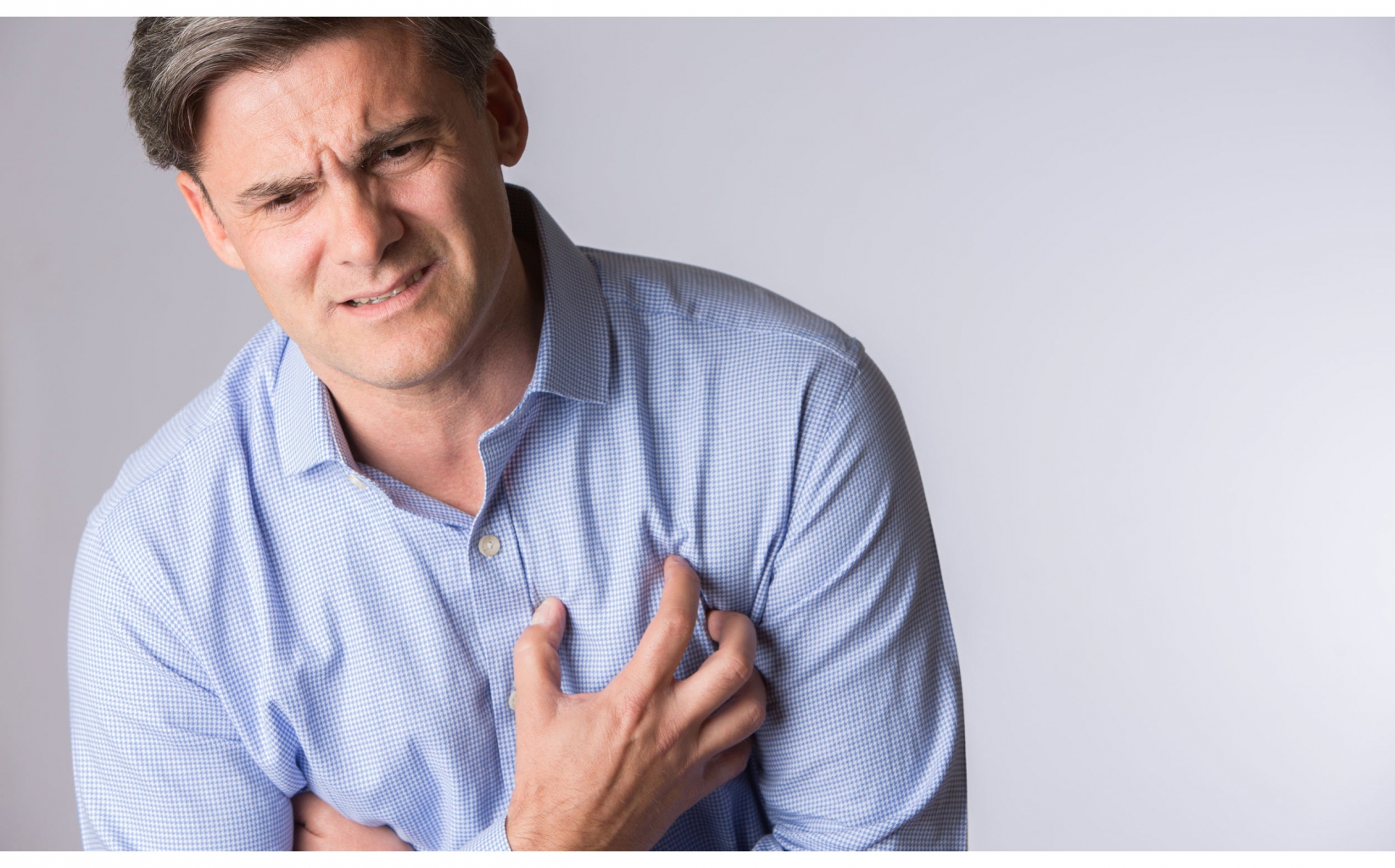
By KARA BAILEY
85% of heart damage occurs within the first two hours of a heart attack, according to the American Heart Association. That’s why the Chest Pain Center at Lakeland Regional Health works quickly to assess chest-pain patients in our care.
Health problems of the heart and blood vessels are known as “cardiovascular disease,” and that includes coronary artery disease, stroke and high blood pressure (hypertension). These are the leading causes of death in the United States for all individuals. About every 40 seconds someone the in the United States has a heart attack which equals around 805,000 per year. Of those, approximately 116,000 will die, according to the American Heart Association.
What if we told you thousands of deaths could have been prevented? Approximately 50% of all people who have heart attacks experienced warning signs but ignored them. That’s because many of them don’t know what they’re looking for. So many heart attack symptoms feel like something else and it feels silly to rush to the hospital over what could possibly be a minor issue, right?
Wrong.
Learn the early warning signs of a heart attack to save precious minutes of your life or your loved one’s life:
- Feeling of fullness
- Pain that travels down one or both arms
- Jaw pain
- Excessive fatigue or weakness
- Anxiety
- Nausea or vomiting
- Back or neck pain
- Shortness of breath
- Chest pressure, squeezing, aching or burning
You especially need to keep your eyes open for these symptoms if you or a loved one are at higher risk of having a heart attack. How do you know if you are at risk?
- High blood pressure
- Overweight or obese
- Sedentary lifestyle with very little exercise
- Using tobacco products
- Diabetes, high cholesterol or high triglycerides
- For women, it can include the use of birth control pills, a history of pre-eclampsia, gestational diabetes (high sugar levels during a pregnancy) or having a low-birthweight baby
- Family history of cardiovascular disease, such as stroke or heart attack in parents, brothers or sisters
Often, the symptoms for men and women can be very different and women may be less likely to seek immediate medical care.
- Men normally feel pain and numbness in the left arm or side of chest, but in women, these symptoms may appear on the right side.
- Women may feel completely exhausted, drained, dizzy or nauseous.
- Women may feel upper back pain that travels up into their jaw.
- Women may think their stomach pain is the flu, heartburn or an ulcer.
As mentioned above, a heart attack may not feel like pain in the center of your chest with it going down your left arms. The sensation may feel only like “pressure,” as if a weight was sitting on your chest. You may still be having a heart attack if you feel the following:
- Pain that spreads above the jawbone or down into the lower body
- Difficult or labored breathing
- A sharp or knife-like pain that occurs with coughing or breathing
If you are having symptoms of a heart attack, no matter how frequent or dull, do not try to drive yourself to the hospital. Please call 9-1-1.
About Our Chest Pain Center
Lakeland Regional Health is Polk County’s longest established accredited Chest Pain Center through the Society of Cardiovascular Patient Care. In addition, our Heart Center has been at the forefront of coordinating the timeliest acute heart attack care possible with Polk County’s Emergency Management Services (EMS). This collaboration authorizes paramedics to rapidly start the alert that brings in the on-call team of cardiac specialists to the patient’s bedside as soon as they arrive at Lakeland Regional Health Medical Center often going directly to the catheterization lab via EMS.
About the Author
Kara Bailey, MSN, ACNS-BC, CMSRN, is a Clinical Nurse Specialist and Co-leader of the Chest Pain Center for Lakeland Regional Health.
